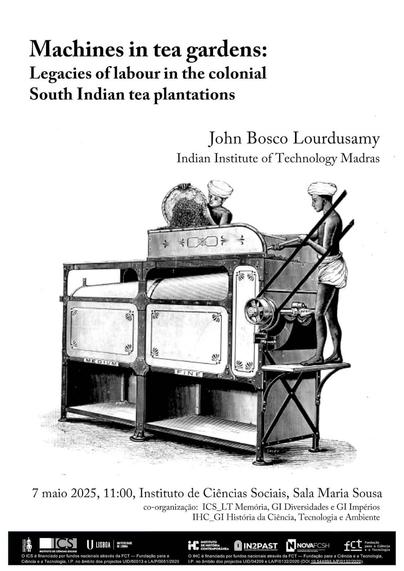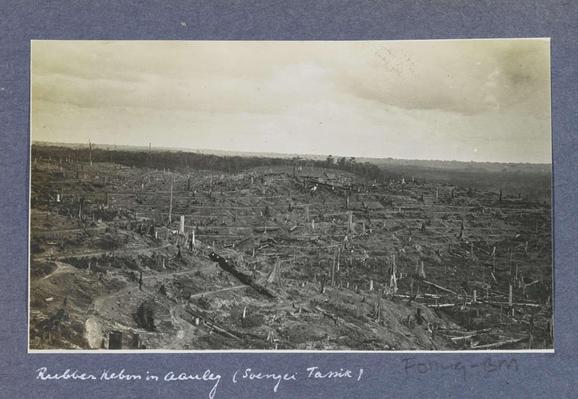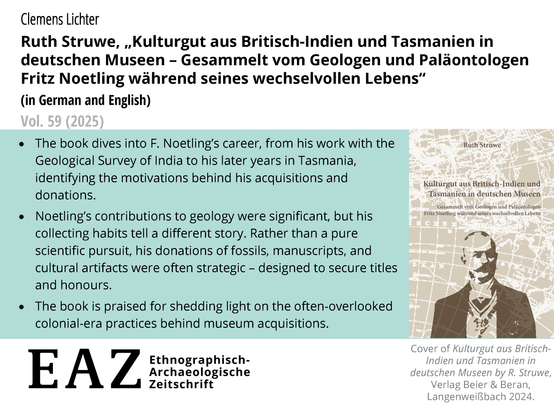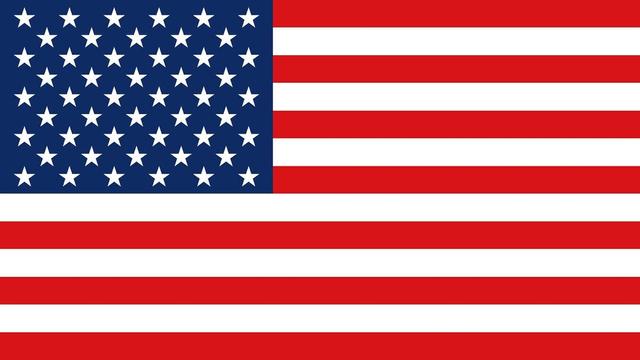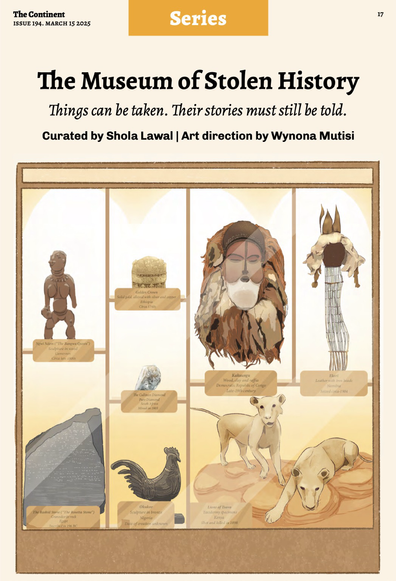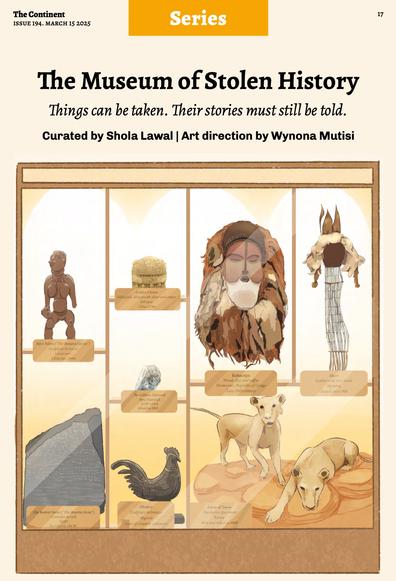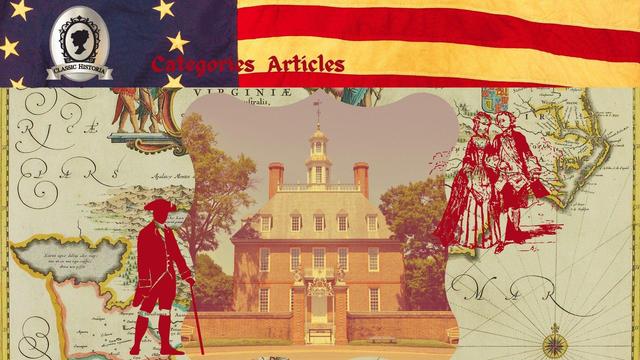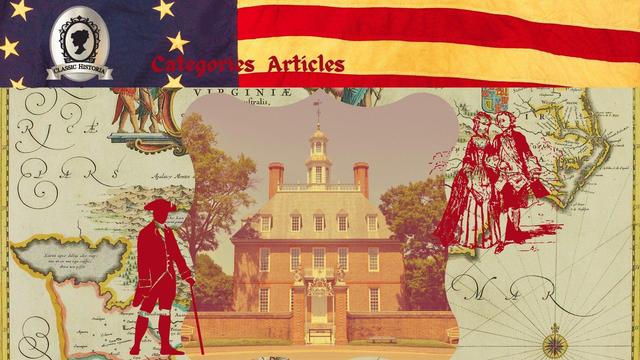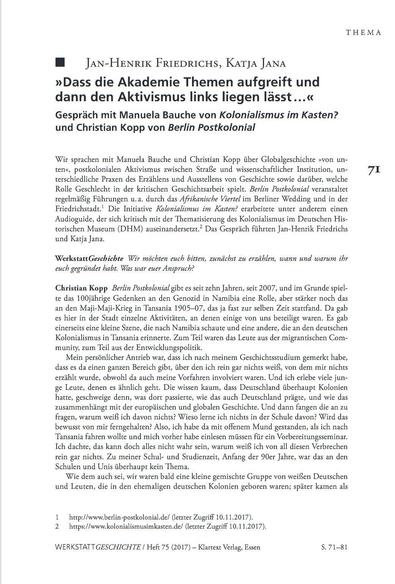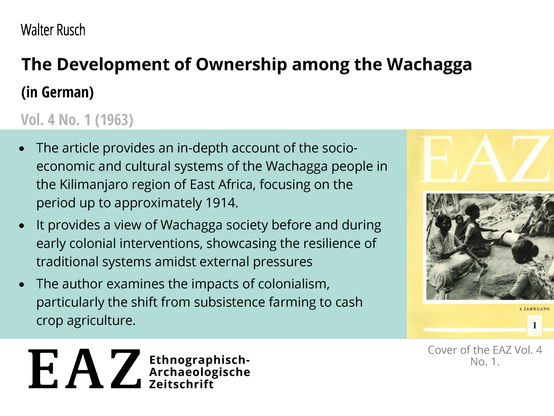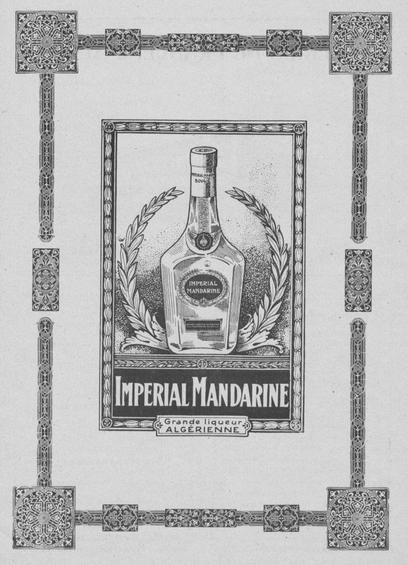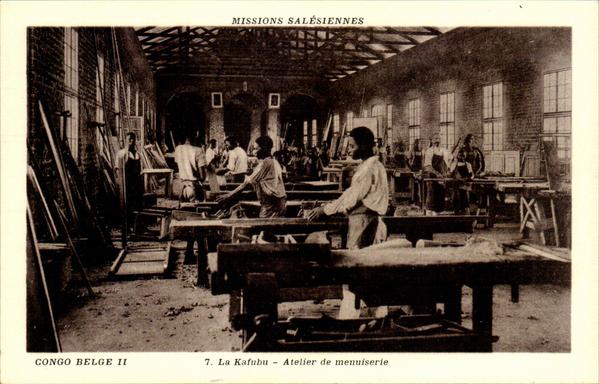Bit by bit we learn how to preserve our colonial legacies, or ways to preserve them.
#ColonialHistory
The IHC and ICS are co-organising a talk by John Bosco Lourdusamy (IIT Madras) on the the entanglement of the past and present in the tea gardens of colonial Southern India with regard to the condition of labour.
📅 7 May at 11am.
ℹ️ https://ihc.fcsh.unl.pt/en/events/machines-tea-gardens/
#Histodons #ColonialHistory #India #Tea #Plantations #HistoryOfLabour #ColonialIndia #LabourExploitation #HistoryOfTechnology #Plantations #HistóriaColonial #ÍndiaColonial #Plantações #HistóriaDoTrabalho #Chá
Check out the newly published conference report “The Empire and I: Individuals in Empires and Postimperial Spaces”! The conference was organised by @GRK2571 at @unifreiburg (28–30 Nov 2024).
Written by Lara Forster & Kaja Plate, it explores personal perspectives on imperial frameworks.
🔗Read it here: https://t1p.de/conf-rep-24
@dfg_public @histodons @histodon #empires #histodon #histodons #conference #postimperial #academicpublishing #imperialbiographies #socialmobility #romanempire #ottomanhistory #habsburgempire #colonialhistory #genderedspaces #globalhistory #institutions #earlymodernhistory
If we depend on other countries, it's not healthy either. We have a history with foreign entities: the British, the Japanese, and the Portuguese; they colonized us and exploited us for resources. Then, China's presence encroaches into our EEZ. Philippine politicians are claiming Sabah. It seems to me that we have no one to trust, not even ourselves. It seems to me that it's best for the government to just go with the flow, enjoy the world, maintain our stability, and engage in politics and democracy while doing what is best at the moment, including being friends with both China and the US, Australia, and the countries you mentioned. Yes, better training with them than doing nothing. We are a relatively new country, lacking in many resources, knowledge, and ideologies, and we have been exploited. The local politicians are also corrupt. We just do what we are capable of at the moment, being ourselves.
#GlobalDiplomacy #Sovereignty #PhilippinePolitics #ColonialHistory #ResourceExploitation #EEZ #PoliticalStability #InternationalRelations #BalancedAlliances #Democracy #Corruption #SelfReliance #NationalInterest #GlobalCooperation #EconomicDevelopment #PoliticalEngagement #TrustInGovernance #ResilientNation #DiplomaticStrategies #NationalIdentity
Witness the intricate depiction of a rubber plantation by the Deli Maatschappij in Sumatra, captured between 1900-1920. This artwork invites contemplation on colonial enterprise and its impact. What stories do you think the landscape holds?
#Art #Rijksmuseum #ColonialHistory
https://www.rijksmuseum.nl/nl/collectie/RP-F-F01149-BM
New publication announcement! We open issue 59 of the EAZ with a look into colonial-era museum collections and the politics of prestige.
#ProvenanceResearch #MuseumCollections #ColonialHistory #EAZ #EAZNewPublications
https://doi.org/10.54799/TPJU7865
President Donald Trump's recent proposals to acquire Greenland and integrate Canada as the 51st state have reignited discussions about U.S. expansionism, drawing parallels to historical colonial endeavors by European powers such as Britain, France, and Spain. These ambitions have elicited strong reactions globally.
Read the full article here: https://mohameddosou.blogspot.com/2025/03/manifest-destiny-redux-trumps.html
#USExpansionism #Geopolitics #Sovereignty #InternationalRelations #ColonialHistory
Part 8 of the #MuseumOfStolenHistory series in @thecontinent is not only shedding light on the #ekori headgear, originally worn to signify their status by the #Herero and #Himba women - but also one of the darkest chapters in German #ColonialHistory:
https://continent.substack.com/p/the-museum-of-stolen-history-part-ec3
Part 8 of the #MuseumOfStolenHistory series in @thecontinent.org is not only shedding light on the #ekori headgear, originally worn to signify their status by the #Herero and #Himba women - but also one of the darkest chapters in German #ColonialHistory: continent.substack.com/p/the-museum...
FYI: Colonial History | Discovery visit to Williamsburg https://classichistoria.com/articles/williamsburg?utm_source=dlvr.it&utm_medium=mastodon #ColonialHistory #Williamsburg #HistoricTravel #AmericanHeritage #TravelBackInTime
Embracing My Full Inheritance: A Hard Lesson Learned in Europe
I always knew we Dominicans tend to be dense when it comes to seeing another point of view—especially when it comes to race and ancestry. I grew up in the we don’t talk about Bruno mentality, where family conversations about ancestry were conveniently glazed over with a simple, “We are Dominicans.”
I get the sentiment behind it. I get that it’s caked in fear—the fear of being seen as less when we dare embrace our full inheritance. The fear of rejection, mistreatment, and even death. I mean, Trujillo made sure everyone on that island knew what happened when you dared step out of the racial line.
But when I left the island and immigrated to the U.S.—first to New York, then New Jersey, then Massachusetts—and later joined the Army, my world expanded. I got to see and experience things beyond the Dominican bubble, including living in Europe for three years.
I was excited about it. After all, I was heading to the motherland, right? I had spent my life hearing stories about Spain, and with my last name being the name of a town there, I thought, For sure, they’ll recognize a kinfolk.
I was absolutely wrong.
The Sudaca Lesson
By then, I understood racism in the United States and its roots in the Caribbean, but I didn’t know much about Europe beyond what I had heard as a child. So my hopes were high when I arrived. But the minute the Spaniards heard my Spanish, the questions started. They prodded until they figured out where I was from. And the moment they confirmed I was Dominican, everything changed.
It was a shift in the air, an almost imperceptible change in body language. Suddenly, I wasn’t just a Spanish speaker; I was a different kind of Spanish speaker. There was a new wariness, a subtle but unmistakable looking down on you vibe.
I worked in a NATO building with Spaniards. At first, they were polite. But once they got comfortable, the jokes began.
That’s when I first heard the word sudaca.
I didn’t know what it meant at first. I didn’t bother researching it because, back then, I naively assumed they wouldn’t be that overt. But they knew I didn’t know. That’s why they got bolder.
Sometimes, they softened it—calling me sudaquita, as if the -quita was supposed to make it cute. Maybe it was. Maybe it wasn’t. But I felt the weight of the word every time.
And then came the microaggressions:
“Wow, you’re different from other Dominicans.”
“Your Spanish is so unrefined.”
“They really didn’t do a good job taking the savagery out of you.”
Each comment was a pullita, a little knife puncturing me daily, a reminder that I was not one of them.
The Weight of Silence
I look back at that time, and I wish I had said something. But I felt outnumbered. And that’s such a weird place to be in.
What do you do when you’re being put down and bullied, but you’re alone?
I wanted to leave, but I couldn’t—I was assigned there. I wanted to complain, but back then, complaints like these were minimized. The moment you spoke up, you became the problem.
So I stayed silent. Maybe I should have been braver, but it’s tough to be brave when you’re standing alone.
It’s tough to push back when the moment you open your mouth, you’re dismissed. It’s easier for others to believe you’re being sensitive or reading too much into it than to acknowledge that racism isn’t just an American thing—it exists in Spanish-speaking countries too, just in different shades and with different histories.
And yet, that silence sat heavy on my chest. It made me question myself. It made me second-guess what I had always been told about belonging.
Owning What Embraces Me
That experience forced me to face something I had ignored for a long time. I had grown up hearing stories of Spain, imagining some unspoken kinship. But my time in Europe made one thing clear: just because I have some inheritance there doesn’t mean it embraces me back.
And that’s okay.
Because now, I fully embrace what makes me, me—African, Taíno, and, yes, unfortunately, Spaniard.
Everything happens for a reason. And maybe I needed to live that experience to understand that my identity is mine to claim, not for others to define.
And I choose to claim all of it—on my terms.
#AfroCaribbeanHeritage #colonialHistory #culturalIdentity #DominicanIdentity #LatinoExperienceAbroad #microaggressions #raceAndAncestry #racismInEurope #selfDiscovery
ICYMI: Colonial History | Discovery visit to Williamsburg https://classichistoria.com/articles/williamsburg?utm_source=dlvr.it&utm_medium=mastodon #ColonialHistory #Williamsburg #TravelBackInTime #Heritage #Preservation
Heute vor 140 Jahren endete die Berliner #AfrikaKonferenz, die entscheidend zur willkürlichen Aufteilung #Afrikas in #Kolonien beitrug.
Wir erinnern aus diesem Grund an das Gespräch, das Jan-Henrik Friedrichs & @KatjaJana mit Manuela Bauche von #Kolonialismus im Kasten? und Christian Kopp von #BerlinPostkolonial geführt haben:
▶ #WerkstattGeschichte 75/2018, https://werkstattgeschichte.de/alle_ausgaben/in-bewegung
#Kolonialgeschichte #ColonialHistory #Colonialism #histodons #BerlinerKonferenz
This article from our archives is an important resource for understanding pre-colonial and early colonial African societies, particularly the Wachagga communities, focusing on their adaptability, innovation and the impact of external forces.
#Wachagga #Kilimanjaro #ColonialHistory #EAZ #EAZArchives
https://doi.org/10.54799/SLKB1865
In 1927, the same journal also published this advert for "Imperial Mandarine", showing just the bottle, but with the same intricate border! Amazing to compare this to the ones by Charles Brouty for the same brand from 1928!
https://historians.social/@drninastuder/113463956696033705
#DrinkingStudies #FrenchColonialism #History #Colonialism #ColonialHistory #Alcohol #aperitifs #Orientalism #ColonialAdvert
📖 Maria Romeiras Amado @mariaromeiras was one of the editors (woth Pieter Verstraete and Carlos Manique) of the dossier "New cultural histories of disability and education" published in Paedagogica Historica.
👉 https://www.tandfonline.com/toc/cpdh20/60/4
#Histodons #DisabilityHistory #HistoryOfEducation #Disability #NewCulturalHistory #Historiography #Materiality #ColonialHistory
Vintage Postcard Missions salesiennes Belgian Congo Kafubu Workshop of mensuisery
#SalesianMissions #BelgianCongo #ColonialHistory #ColonialArchitecture #AfricanHistory #ColonialHeritage #HistoricalPhotography #AfricanCraftsmanship #ebay #amazon
Vintage Postcard Missions salesiennes Belgian Congo Kafubu Workshop of mensuisery www.cpaphil.com/en/p... #SalesianMissions #BelgianCongo #ColonialHistory #ColonialArchitecture #AfricanHistory #ColonialHeritage #HistoricalPhotography #AfricanCraftsmanship #ebay #amazon
Burkina Faso bans colonial wigs in courts to embrace cultural identity http://newsfeed.facilit8.network/THLxGX #BurkinaFaso #CulturalIdentity #Sovereignty #NationalPride #ColonialHistory
Her husband set sail for #America again, initially leaving their son Thomas behind.
For all these reasons, I felt she deserved a poem, in #Gaelic. Sadly her own #Algonquin language is now lost to #ColonialHistory.
